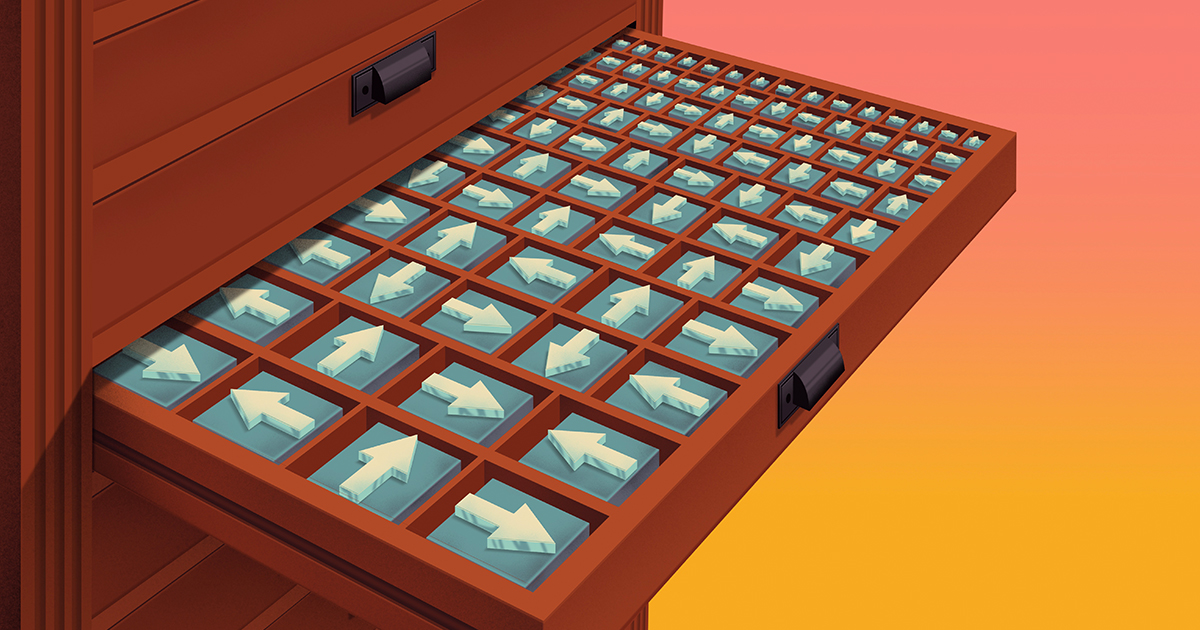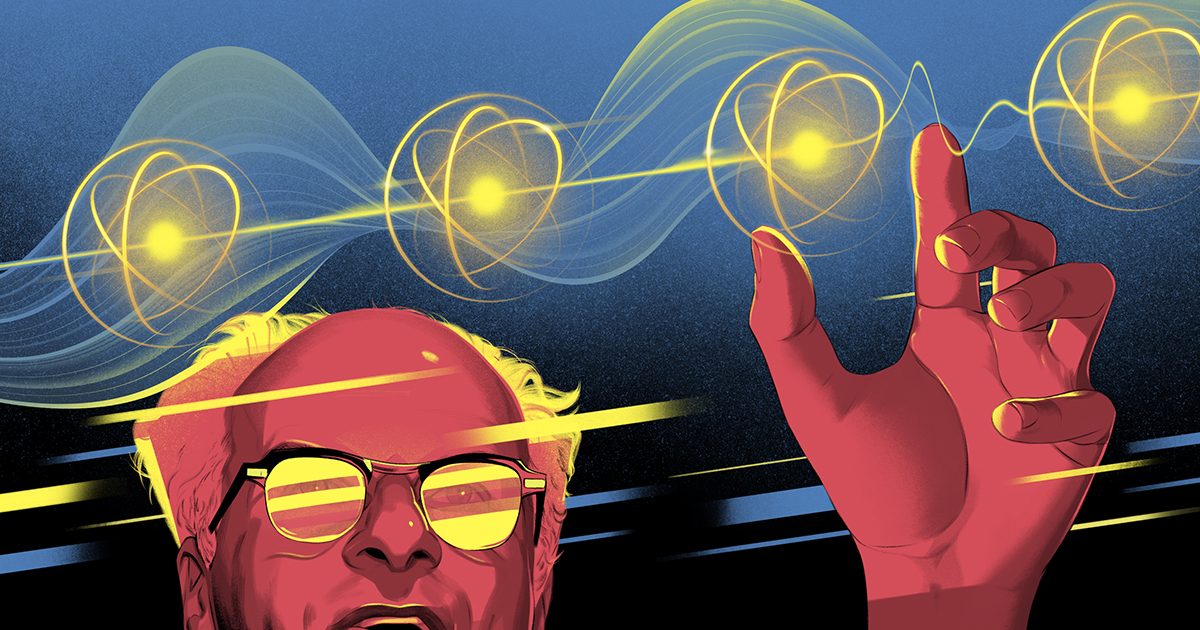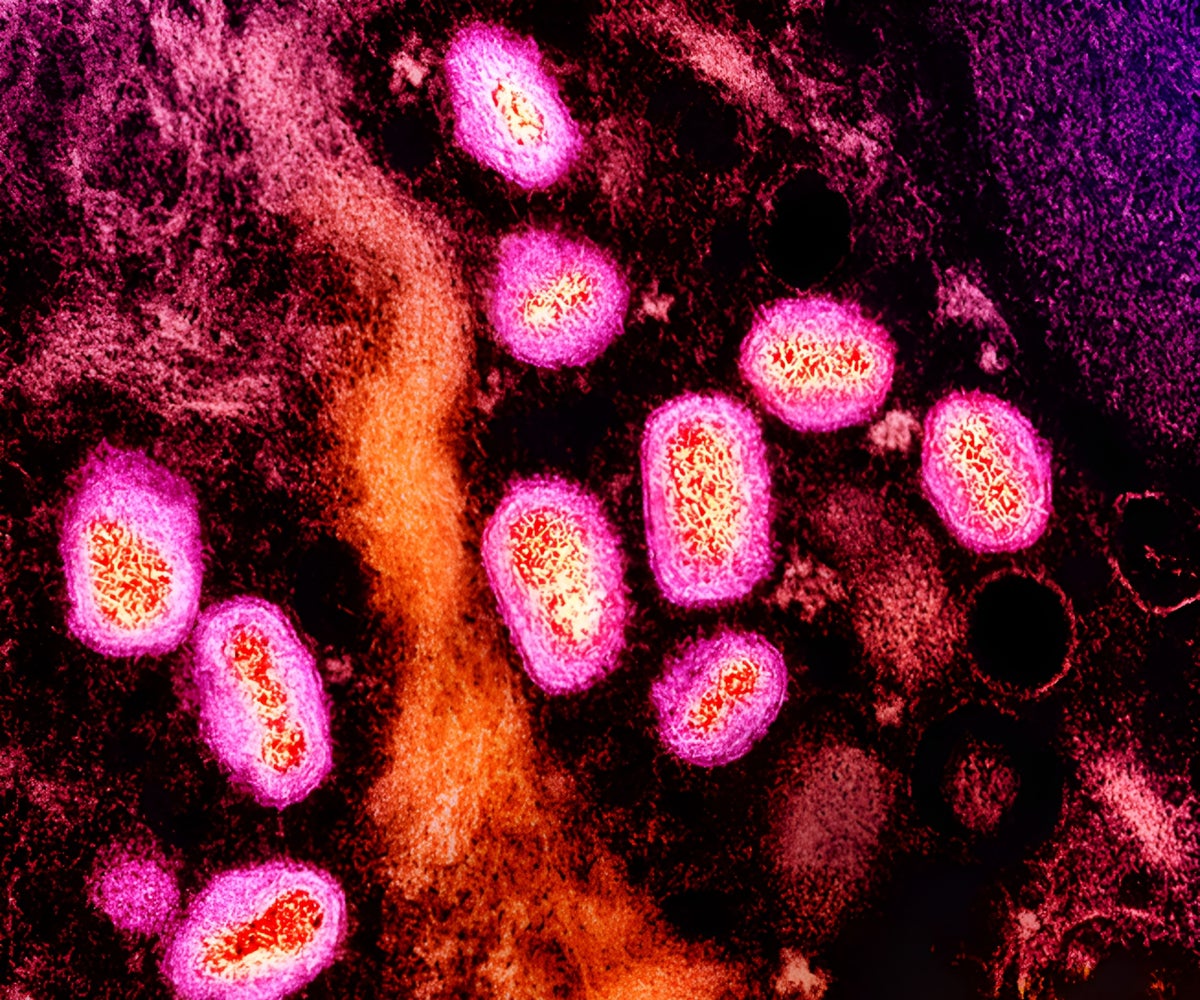After the conjecture was posed in the 1970s, dozens of mathematicians tried their hand at proving it. They made partial progress — and in the process they learned a great deal about groups, which are abstract objects that describe the various symmetries of a mathematical system. But a full proof seemed out of reach. Then… Continue reading After 20 Years, Math Couple Solves Major Group Theory Problem
Category: Quantum Stuff
Undergraduate Upends a 40-Year-Old Data Science Conjecture
Together, Krapivin (now a graduate student at the University of Cambridge), Farach-Colton (now at New York University) and Kuszmaul demonstrated in a January 2025 paper that this new hash table can indeed find elements faster than was considered possible. ln so doing, they had disproved a conjecture long held to be true. “It’s an important… Continue reading Undergraduate Upends a 40-Year-Old Data Science Conjecture
How Hans Bethe Stumbled Upon Perfect Quantum Theories
In a spin chain, that motion is waves like those seen at stadiums. Flip one atom, and it will flip its neighbors, who will flip their neighbors, and so on. These waves are still extremely complicated; when two waves ripple through the same stretch of particles, any particle can flip any other particle, leading to… Continue reading How Hans Bethe Stumbled Upon Perfect Quantum Theories
The Psychology of ‘Shared Silence’ in Couples
February 14, 2025 3 min read The Psychology of ‘Shared Silence’ in Couples The right kind of silence can be golden, revitalizing and strengthening a relationship By Francine Russo & Knowable Magazine Partners enjoy a companionable moment of separate activities. A couple sits together on a sunny park bench. He appears to be studying the… Continue reading The Psychology of ‘Shared Silence’ in Couples
The Largest Sofa You Can Move Around a Corner
In 1992, Joseph Gerver of Rutgers University proposed a particularly clever curved shape with an area of approximately 2.2195. Mathematicians suspected that it answered Moser’s question. But they couldn’t prove it. Now a young postdoctoral researcher has. In a 119-page paper, Jineon Baek of Yonsei University in Seoul showed that Gerver’s sofa is the largest… Continue reading The Largest Sofa You Can Move Around a Corner
Urgent CDC Data on Influenza and Bird Flu Go Missing as Outbreaks Escalate
Sonya Stokes, an emergency room physician in the San Francisco Bay Area, braces herself for a daily deluge of patients sick with coughs, soreness, fevers, vomiting, and other flu-like symptoms. She’s desperate for information, but the Centers for Disease Control and Prevention, a critical source of urgent analyses of the flu and other public health… Continue reading Urgent CDC Data on Influenza and Bird Flu Go Missing as Outbreaks Escalate
New Proofs Probe the Limits of Mathematical Truth
The world of mathematics is full of unreachable corners, where unsolvable problems live. Now, yet another has been exposed. In 1900, the eminent mathematician David Hilbert announced a list of 23 key problems to guide the next century of mathematical research. His problems not only provided a road map for the field but reflected a… Continue reading New Proofs Probe the Limits of Mathematical Truth
How to Calm Your Election Anxiety—Even after Polls Close
Just about everybody is really worried about the U.S.’s Election Day, which is coming up on us fast. In a recent poll from the American Psychological Association, 72 percent of people said they were concerned that the results of the election could lead to violence. And 56 percent said it could end democracy in the… Continue reading How to Calm Your Election Anxiety—Even after Polls Close
The Virus That Causes Mpox Keeps Getting Better at Spreading in People
November 1, 2024 5 min read The Virus That Causes Mpox Keeps Getting Better at Spreading in People Analysis of a strain of the virus circulating in Central Africa shows genetic mutations indicative of sustained human-to-human spread By Max Kozlov & Nature magazine Colorized transmission electron micrograph of monkeypox virus particles (pink and yellow) found… Continue reading The Virus That Causes Mpox Keeps Getting Better at Spreading in People
Voting Has Never Been More Secure Than It Is Right Now
Now is the best time in the history of the U.S. to cast a vote. Yes, American elections have flaws. They’re marred by voter disenfranchisement, gerrymandering, the inherent weirdness of the electoral college and recent cases of ballot box arson. But the act of voting itself has been unfairly tarnished, most notably by former president… Continue reading Voting Has Never Been More Secure Than It Is Right Now









